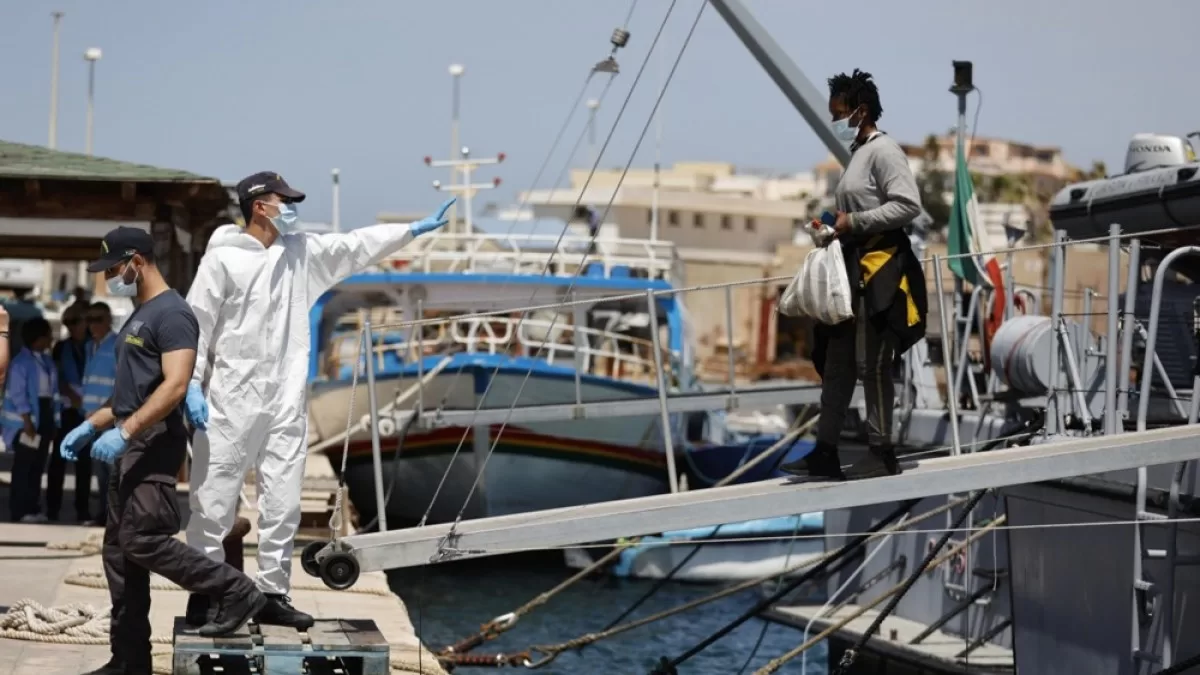Samples have been taken to identify the bodies of the migrants and refugees ‘due to the extent of decomposition’.
The bodies of 16 migrants and refugees have been recovered by Tunisia’s coastguard off the country’s eastern coast, the National Guard says, the latest migrant boat disaster in the Mediterranean.
“The bodies were found at the weekend and on Monday … The victims have not been identified because the bodies had decomposed,” a senior official in the National Guard, Houssem Eddine Jebabli, told Reuters news agency.
Samples have been taken to identify the bodies “due to the extent of decomposition”, said Farid Ben Jha, spokesman for the Monastir and Mahdia governorates’ public prosecution.
He said the bodies were found in three different areas in Mahdia, one of Tunisia’s hotspots for irregular migration.
Tunisia and neighbouring Libya have become key departure points for migrants and refugees, often from other African countries, who risk perilous Mediterranean Sea journeys in the hopes of better lives in Europe.
Italy, whose Lampedusa island is only 150km (90 miles) from Tunisia, is often their first port of call. Every year, tens of thousands of people attempt to make the crossing.
Last month, at least 15 Tunisian people died, including three infants, and 10 others went missing after their boat sank off the Tunisian coast at Djerba as they sought to cross the Mediterranean to Europe. At least 29 others were rescued.
The bodies of 13 sub-Saharan African migrants and refugees were also recovered in the same area last month.
Since January 1 this year, at least 103 makeshift boats have capsized and 341 bodies have been recovered off Tunisia’s coast, according to the Ministry of the Interior.
More than 1,300 people died or disappeared last year in shipwrecks off the North African country, according to the Tunisian FTDES rights group.
The International Organization for Migration has said more than 30,309 migrants and refugees have died in the Mediterranean in the past decade, including more than 3,000 last year across the vast sea.
